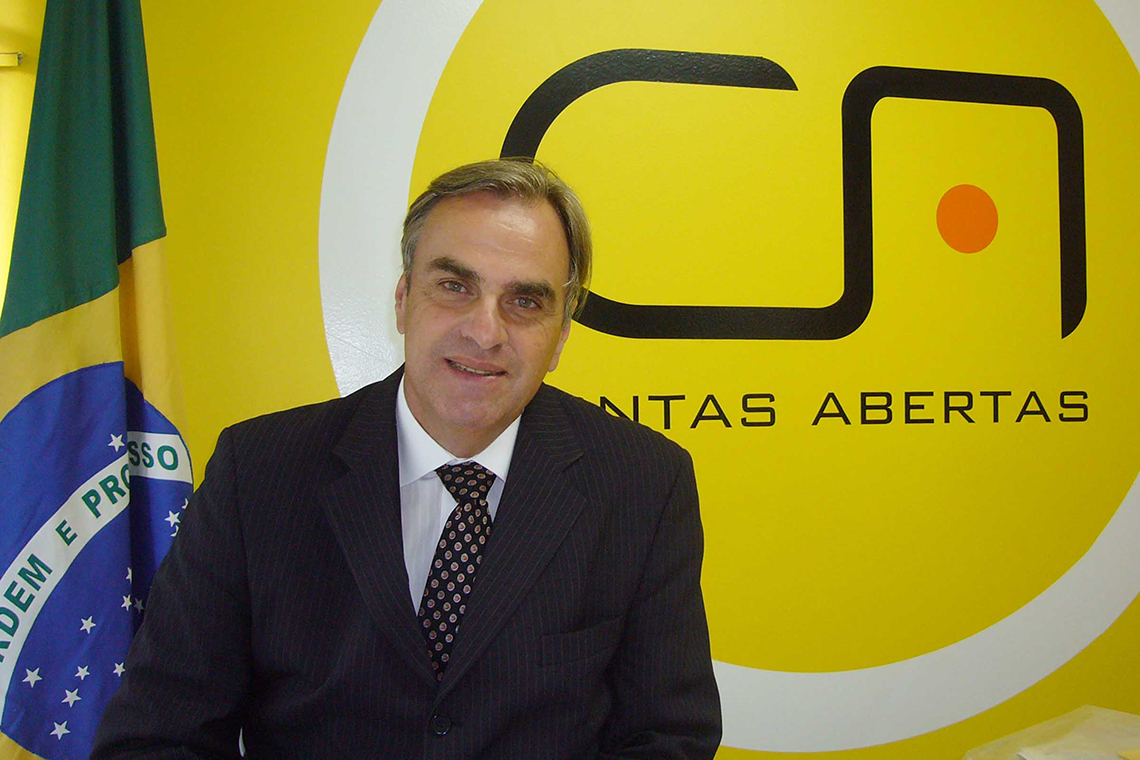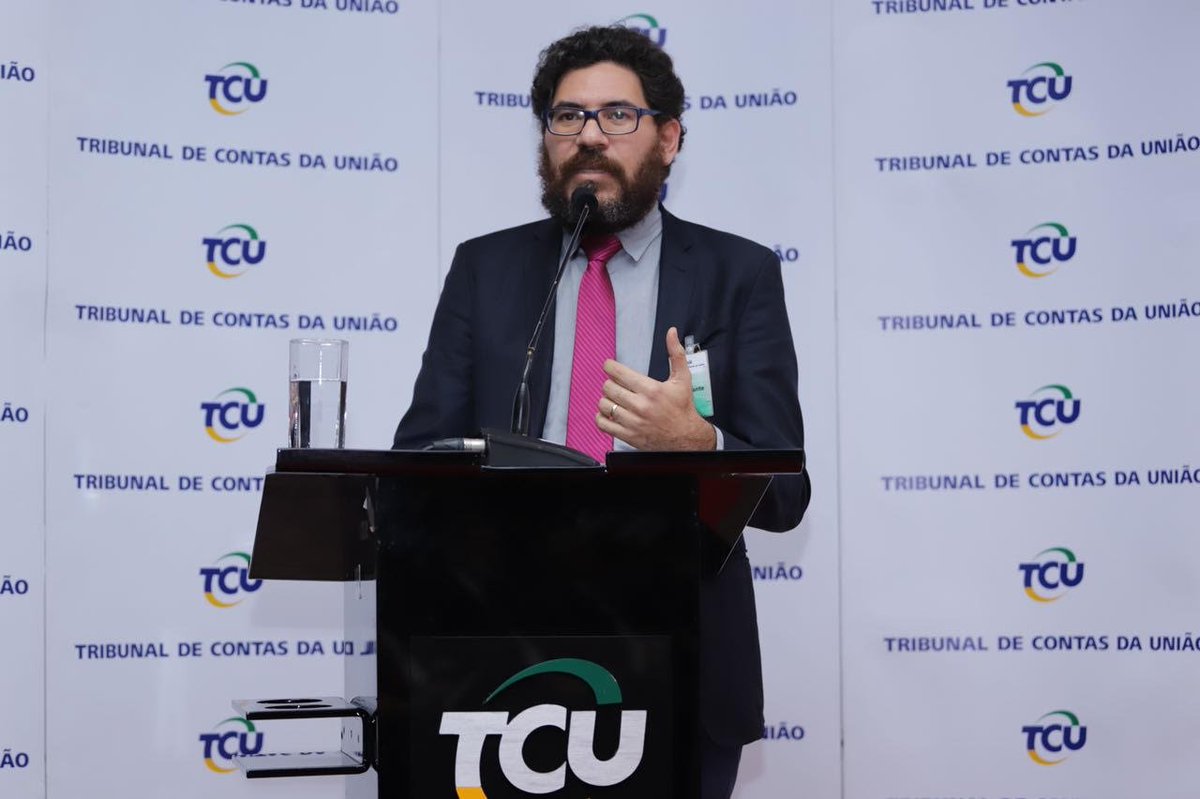RIO DE JANEIRO, BRAZIL – The Federal Prosecutor’s Office (MPF) Anti-Corruption Chamber held a seminar in Brasília on Monday, December 9th, on strategies to fight corruption and the use of leniency agreements, compliance rules and policies, and other means of prevention of practices that place private interest over the public interest.

The event’s date marked the anniversary of the United Nations Convention against Corruption, which was held in Mexico in 2003. The United Nations Bureau on Drugs and Crime (UNODOC) and the United Nations Development Program (UNDP) estimate that US$1 trillion (R$4 trillion) per year are paid as bribes and approximately US$2.6 trillion are stolen through corruption – figures that equate to five percent of all the wealth produced annually on the planet (Gross Domestic Product – GDP – worldwide).
Brazil was one of the 102 nations that signed the convention. In 16 years, Brazil has made progress in the fight against corruption. According to the MPF, with Operation Lava Jato alone, more than R$4 billion (US$2.5 billion) were returned to public coffers by October, as a result of leniency agreements, conduct adjustment pacts (TACs) and voluntary restitution by accused or convicted individuals.
“Over the years, we have made great progress. I like to recall that the 1988 Federal Constitution does not include the expression ‘social control’ or the word ‘transparency’. Such expressions were only included in a 2012 constitutional amendment,” says economist Gil Castelo Branco, general secretary of the Open Accounts Association, founded in 2005.
According to Castelo Branco, the greatest progress made by Brazil in monitoring and controlling public spending was the Fiscal Responsibility Law (LRF), Complementary Law No. 131/2009, which determines the availability of real-time information on budgetary and financial execution of all governmental bodies within the federation, and the Access to Information Law (LAI).
Cover-up
An enthusiast of the legal framework, Castelo Branco states that the success of laws suffers from “cover-up”, poor implementation or sheer non-compliance. He says he’s been waiting for more than a year for a decision on a documented denunciation (with photos) he made through the Access to Information Law, about the irregular use of a public vehicle by a federal authority.

According to the economist, the obligation to publish spending data on the Internet is not fully met. From 0 to 10, the overall score of states and municipalities in the National Transparency Ranking is only 5.21. And as for the Fiscal Responsibility Law, the courts of auditors interpret the spending ceilings and items established by law differently.
The executive director of the non-governmental organization Transparência Brasil (“Transparency Brazil”), Manoel Galdino, agrees on the varying application of the LRF. “There is great variability in what each Court of Auditors does”.
According to Galdino, the reason for the differences is the way in which the positions of directors and ministers are distributed. “The underlying problem is that the courts of auditors are politicized. The courts do not reject the accounts of governors who have appointed the directors”.
According to the director of Transparency Brazil, the monitoring of courts is strictly legal. “We should focus on whether public policy has achieved the result. Has education improved? Has it improved health? Is it distributing income? Is it promoting economic improvements? Is it reducing racial inequality? That’s what we need to look at,” he says.
“We only look at the formal rite, and the audit courts interpret it differently to justify that it is within the law. But the most important thing, which is to know whether or not people’s lives have improved, is not being assessed. There’s no point in making a bid in compliance with a public policy that doesn’t work,” says Galdino.
Second instance
Galdino and Castelo Branco are critical of the Federal Supreme Court’s ruling that abolished provisional enforcement of criminal convictions before all appeals are exhausted, better known as second instance imprisonment.

“I am not going into the legal merits. What the Constitution requires must be complied with, but the decision [the third STF decision on the matter] has consequences for the fight against corruption,” said Manoel Galdino. “Impunity is a problem. In Brazil, this measure benefits wealthy, powerful people, with money to pay expensive attorneys. It’s a step backwards”.
Castelo Branco says that the impossibility of imprisonment after the first appellate decidion is a very serious matter. “The country is once again the paradise of the corrupt. The Disneyland of money dealers, of dishonest businessmen. Everyone knows that, with a good attorney and resources, the corrupt can delay the indictments until they become time-barred. The corrupt [person] is a gambler. He measures risks and, as he realizes that the gain is great and the risk is small, he tends to corrupt again”.
Free press
The two experts also agree on the need for society to monitor the application of the taxes it pays and the functioning of public administration. “Society needs to believe that it can do much more than it imagines. It needs to understand that the people who hold the powers, elected, concurred or commissioned, are our employees, are our representatives”, emphasizes Castelo Branco.
“There is no chance of having an effective fight against corruption without an informed society. This involves the free press, with the ability and structure to question public power and challenge,” adds Galdino. “Social control is crucial to the fight against corruption. Without an effective civil society, with access to information and a free press, which supervises and monitors what all public authorities do”.
For Castelo Branco, the free press is fundamental to help denounce, investigate the facts with responsibility. “This has to be seen as something absolutely normal. The press release or the hired advertising campaign is in favor”.
Source: Agência Brasil

